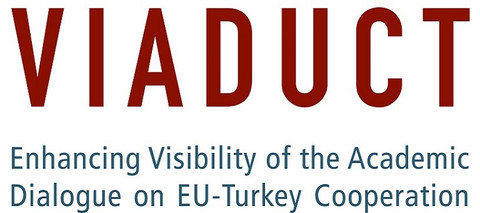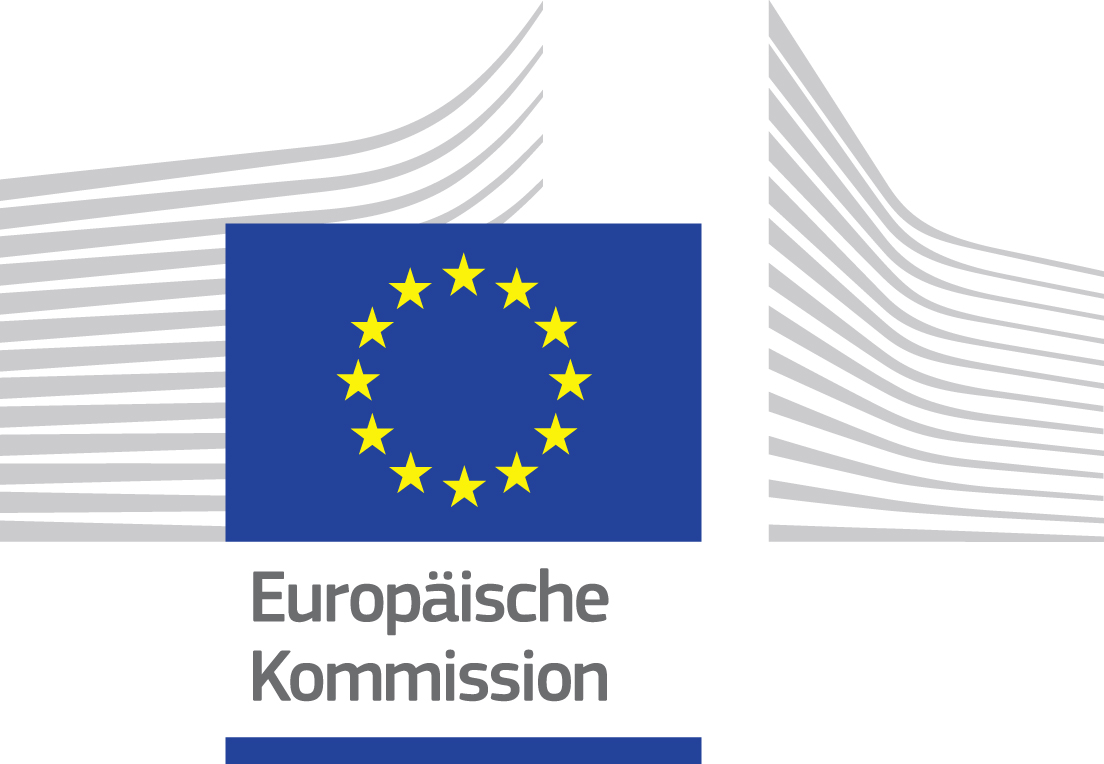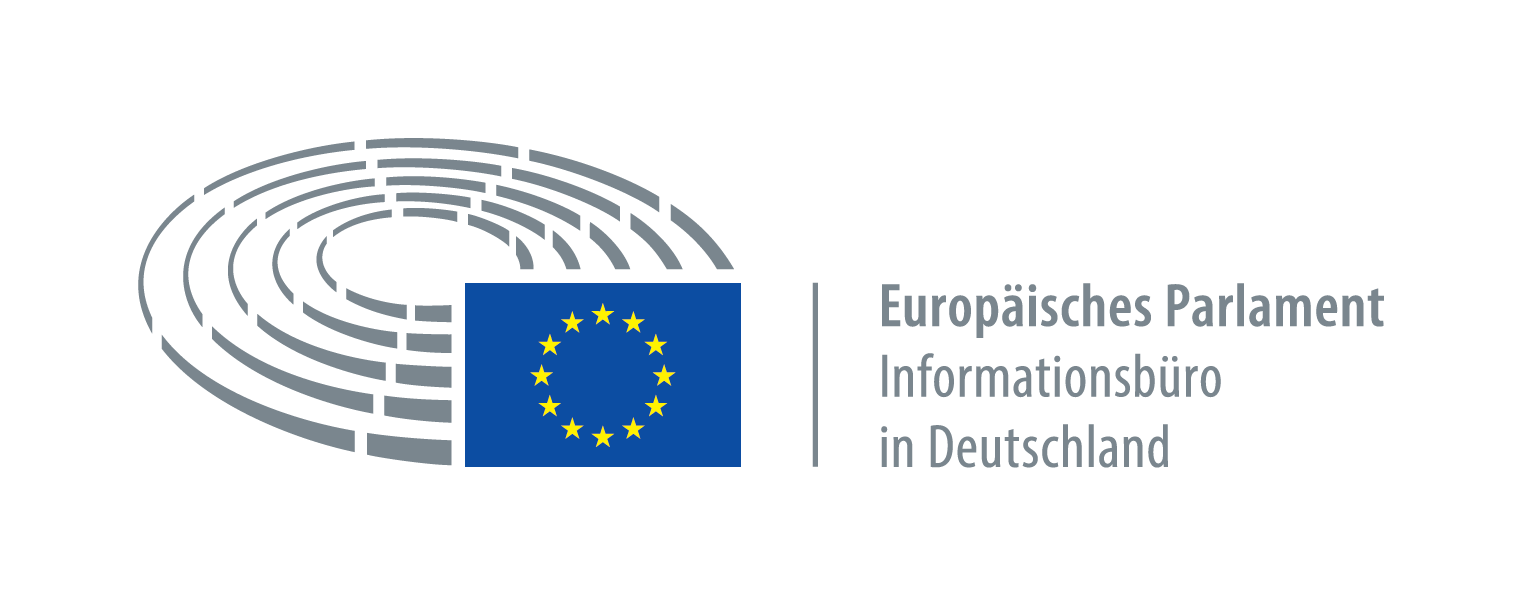Digital Public Debate on 15th of July 2020 “The Future of EU Trade Policy in a post-COVID-19 World”

In view of the severe health, political and economic consequences of the Covid-19 pandemic, on 15 July 2020 the Institut für Europäische Politik hosted the “Digital Public Debate: The Future of EU Trade Policy in a post-COVID-19 World”.
Together with our partners, the Representation of the European Commission and the Liaison Offices of the European Parliament in Germany, the IEP invited Dr Sabine Weyand, Director-General for Trade at the European Commission to discuss the future of the EU Trade Policy.
The online debate was moderated by Dr Funda Tekin, one of the two directors at the Institut für Europäische Politik. After the opening remarks by Jörg Wojahn, the Head of the Commission Representation in Berlin, Sabine Weyand gave a short keynote which was followed by a lively discussion with more than 70 participants.
The discussion addressed the EU’s strategic reactions to the COVID-19 crisis as well as its role and strategic position in the global economy in the context of the worldwide recession caused by the pandemic.
It was highlighted that during the crisis major political changes have become visible. Firstly, the crisis had reinforced the tendencies of states to look inwards to tackle challenges and to weaponise trade to further their national interests. The EU should therefore uphold its commitment to multilateralism, free trade, and against protectionist and unilateral tendencies. In doing so, the strategic objective of the EU should be, as promoted by the new “Geopolitical Commission”, to cooperate with third countries while pursuing its own interests based on the principles of openness, autonomy, and the rule of law. Free trade agreements, such as with Mercosur and the United Kingdom were crucial for the EU as one of the biggest beneficiaries of global free trade. However, they need to be negotiated thoroughly and based on strong common ground. Secondly, states had taken a greater role in intervening in the economy, which is contributing to a new trend of managed trade and economies. While this might be a legitimate measure in a situation of an acute crisis, it was not appropriate in terms of long-term economic and political development. In the light of the current debate about the revival of European supply chains, the EU should therefore pursue a way of developing resilience through diversification rather than self-sufficiency. Thirdly, multilateralism and global governance structures had been weakened, even though the current crisis shows an urgent need for cooperation on the international level. The reform of the TWO should therefore remain a main priority for the EU, since open and rules-based trade is needed for the global economic recovery.
Eventually, a quick poll among the participants demonstrated a clear consensus on the future of the EU Trade Policy, where 97 percent answered: Yes, the EU can remain a champion of free trade in a post COVID-19 world.
The IEP would like to thank Sabine Weyand for her insightful and fascinating remarks and the fruitful discussion as well as Jörg Wojahn for his introductory remarks!
The event was organized with friendly support of the German Federal Foreign Office, the European Commission, the Otto Wolff Stiftung and the Viaduct-Network (Enhancing Visibility of the Academic Dialogue on EU-Turkey Cooperation).
Author: Friederike Augustin, IEP Berlin




